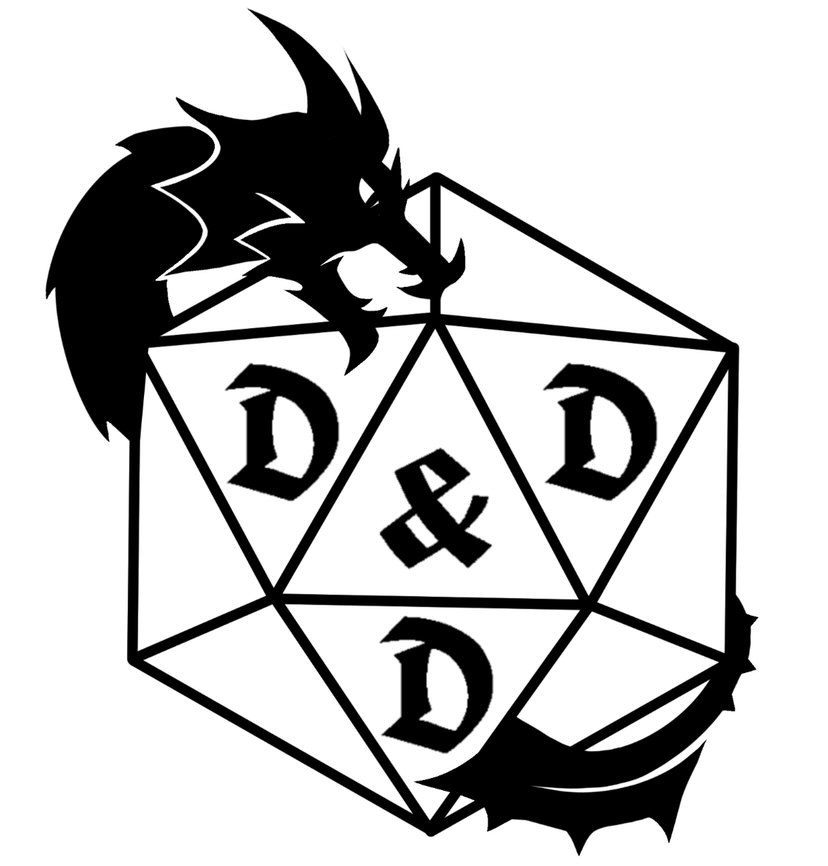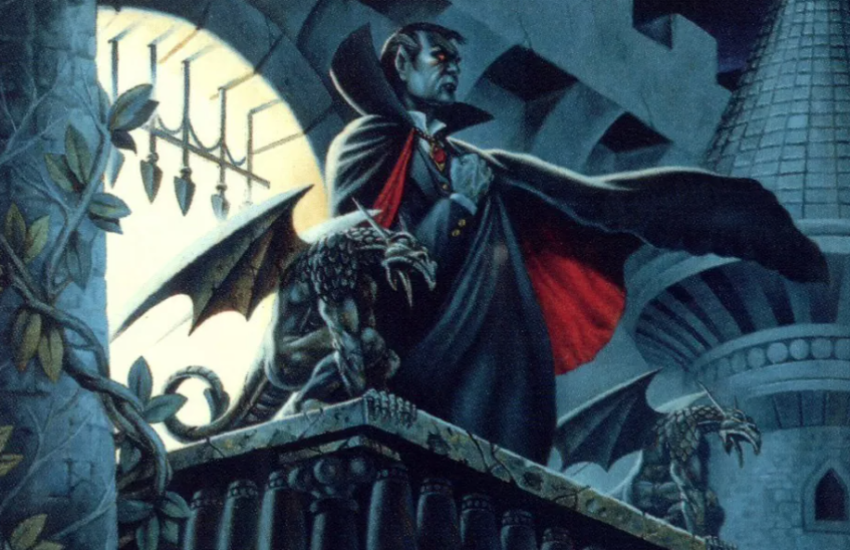Here’s the best things about using modules for your D&D campaign; You don’t have to follow them to a T.
D&D is great because even the damn rules can be flexible to fit whatever is the most fun for the group. The same can be done for the modules.
A player of mine had been running Curse of Strahd for some friends (all of whom were new to D&D) and he noticed that there were some parts that didn’t seem all that interesting to him, and that he didn’t think would be all that interesting to his players, either.
- See also:
I gave him the advice to read through (or even just look online) to find out what the most important aspects of the story are — the beats that must be hit to ensure that the story of Strahd makes sense at the end — and so long as those are included, to feel free to alter or throw out anything else.
Some tables may be really into the long, in-depth lore stuff, which is great, but if yours is not, and unless the players are reading along to the module after each session (or, gods forbid, before), they’re not going to have a clue that you’ve changed anything.
Hell, it’s expected of DMs to put their own spin/flavour on modules anyway, or at least I’d expect as much — it makes it so that players can have a different experience playing over the same module more than once. I’ve done the start of CoS three times with three different DMs, and each time felt different.
I think it all really comes down to getting a feel for what your players want out of a D&D session. While you can get an idea of what that is by seeing what they’re most engaged in while playing, you can also straight up ask them!
If no one likes long, tedious, resource-intensive travel segments, just throw in a fast travel montage with a quick description of the landscapes they saw along the way and maaaaybe roll for some sort of encounter.
Same goes for the intensely long RP bits — read through and find the key bits of info, and then put those up at the top of the convo — if they want to learn more about the lore stuff, wait to see if they ask questions. If not, just move along.
The same can me done for any and all modules, dungeons, or one-shots; it’s entirely in the DMs right to change things up as they go along, because it’s a unique story that they (and the rest of the table) are telling.
But that’s just my two coppers.

